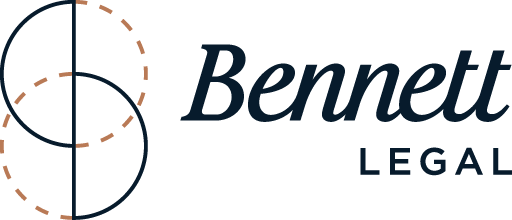“We can’t close. There’s a UCC lien tied to your solar panels.”
Imagine thinking your home is ready to sell… until your lender says “We found a lien.”
You’ve cleaned, staged, and accepted an offer. Or maybe you’ve been approved to refinance and are expecting lower monthly payments. Then the title company calls and says it’s not possible.
For many homeowners, this comes as a shock. You might never have been told a lien would be filed when you got your panels. And now that lien is blocking one of the biggest financial moves you’ll ever make.
In this guide, we’ll explain:
- What a UCC lien is and why it’s filed in solar deals.
- How it impacts selling or refinancing your home.
- The problems it can cause beyond closing delays.
- How to find out if you have one.
- Your legal options to remove or prevent them.
What is a UCC lien and why are they filed in solar deals?
A UCC‑1 lien is a legal notice filed under the Uniform Commercial Code that a lender or company has a security interest in specific property. Think of it as their way of telling the world: “If this person defaults, I have the right to reclaim or control this asset.”
In solar, these filings typically happen when:
- You lease your panels.
- You finance your panels through the solar company or its lending partner.
Why they file it:
- To secure their interest in the panels until you’ve fulfilled your payment or lease obligation.
- In some cases, they file it as a “fixture filing” that treats the panels as part of your real property, not just personal property.
How a UCC lien can affect selling your home
The title problem
When you sell your home, the buyer’s lender and the title company will run searches. If a UCC lien is recorded, it shows the panels may not be owned outright and could be subject to repossession or contract obligations.
Why buyers get spooked
- Buyers often don’t want to inherit a long‑term solar lease payment.
- Even if they’re willing, they may have to qualify with the leasing company first. Fail that check, and the deal can die.
The “solar panel lease clause” in your real estate contract
- Some purchase contracts require the seller to deliver the home “lien‑free” unless otherwise stated.
- A solar lien means you either have to get the lien released, negotiate a transfer, or buy out the lease/loan before the sale can close.
The refinancing roadblock
UCC liens also make lenders nervous when you try to refinance:
- Most mortgage lenders will not finalize a refinance until the lien is released.
- They view it as another creditor’s claim on the property, which could complicate their own security interest.
Even if your payments are current and you’ve never had an issue, a UCC lien can delay or derail the refinance entirely.
Tip: Some lenders make an exception if it’s clear the lien is only on the panels and not the home — but the burden is on you to prove it fast.
Other problems a solar lien can cause
Even outside of selling or refinancing, a UCC lien can lead to:
- Home equity loan denials — second mortgage lenders often refuse to approve new liens behind an existing UCC filing.
- Disputes with the leasing company — if you try to terminate early and they refuse lien release.
- Complications in title insurance — some insurers decline coverage until the lien is cleared.
How to check if you have a UCC lien
It is possible to have a lien and not know it, especially if it was buried in your solar paperwork. To find out:
- Search your state’s UCC database — usually run by your Secretary of State’s office.
- Enter your name (and possibly your address) to search active filings.
- Look for filings by your solar provider or financing partner.
- Review whether it’s a “fixture filing” (real property) or personal property lien.
Your legal options for removing a solar panel lien
If you find a lien, here are your main paths to removal:
- Negotiate release with the lienholder
Ask the leasing or financing company for a UCC‑3 termination statement — this is the document that removes the lien from official records. You may be required to:
- Pay off the remaining balance on your loan.
- Exercise a buy‑out option in the lease.
- Prove the lien was improperly filed
If you can show it was filed without your consent or after your obligation ended, you can challenge it. Your attorney may:
- Demand voluntary withdrawal from the filer.
- File a motion under your state’s UCC laws to terminate the lien.
- Time out the lien
In most states, a UCC‑1 lapses automatically after 5 years unless renewed. If you’re close to that date, your attorney may track the expiration and ensure it’s not renewed.
Tips to prevent solar liens from interfering with your sale or refinance
Preventing the problem is far easier than solving it later.
- Ask upfront: Will they file a lien? Is it a fixture filing or personal property lien?
- Get lien release terms in writing before you sign your solar contract. This includes who pays the release fee and how long it takes.
- Coordinate early: If you know you’ll be selling or refinancing, contact your lienholder months ahead.
Don’t Let a UCC Lien Blocks Your Next Move
Discovering a UCC lien only when you try to sell or refinance can feel devastating. You did everything right — kept up your payments, maintained your home — and suddenly a hidden clause in your solar contract is stopping one of the most important financial decisions of your life. If you are facing this situation, you are not alone.
At Bennett Legal, we work with homeowners across the country who were never told a lien would be filed against their home until it was too late. Our attorneys know how lenders, leasing companies, and title insurers handle these filings, and we act quickly to remove or challenge improper liens so your closing can move forward.
Whether your lien stems from a solar lease, a financing agreement, or a misfiled contract, you still have options. We have successfully removed liens in days, negotiated fair resolutions with lienholders, and fought for damages when companies misled families about what they were signing.
Your home should never be held hostage by a hidden solar lien. Bennett Legal is here to review your contract, explain your rights, and restore your ability to refinance, sell, or simply enjoy peace of mind.
📞 Contact Bennett Legal today for a free case review. We will help you clear the lien and protect your home.
FAQs
Can solar panels be included in a home sale contract with a UCC lien?
Yes, but the contract must address the lien — either through a lien release, a lease transfer, or a buyer assumption of obligations. Without that, the sale is likely to stall.
How long does it take to remove a solar lien?
It can take days or weeks depending on the lienholder’s responsiveness. Delays are common, so start early.
Is a UCC lien the same as a mortgage lien?
No, a mortgage lien is on the whole property for a home loan. A UCC lien is a security interest in specific property, like solar panels.
Can I refinance with a solar UCC lien still in place?
Most lenders will require it to be removed or subordinated before approving the new loan.

